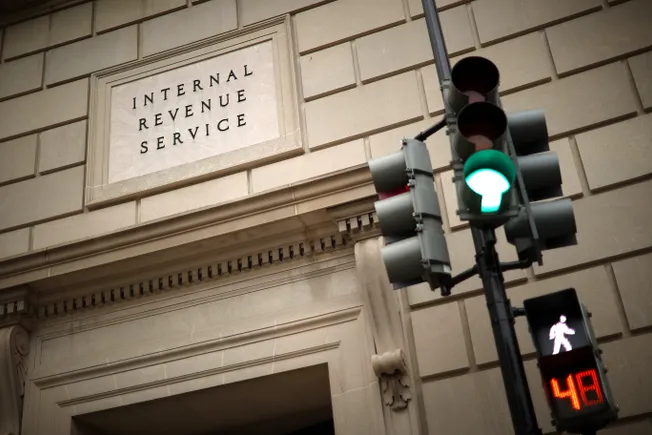Dive Brief:
- The cost of tax compliance at large companies surged 32% from 2017 to 2023, with blame falling on increasingly complicated international rules, the corporate alternative minimum tax and changes under the Tax Cuts and Jobs Act of 2017, the Tax Foundation said.
- Multinational companies on average spent $25.6 million to comply with income tax rules in 2022 or 2023, the Tax Foundation found in a survey of 21 corporations. Companies estimated that, on average, 43% of their federal income tax compliance costs stemmed from rules related to foreign-source income.
- The companies, on average, increased funds allocated to tax compliance by 29% from 2017 until 2023, the Tax Foundation said. “While the sample size is small and limited to relatively large companies, evidence points to economies of scale in tax compliance costs, meaning smaller companies are disproportionately burdened and disadvantaged by tax complexity.”
Dive Insight:
Sporadic attempts to streamline and simplify the U.S. tax code have failed to reverse decades of regulatory and legislative changes that have made it more complex.
The Internal Revenue Code has ballooned roughly 40% during the past three decades, from 3.1 million words in 1994 to 4.3 million words in 2021, according to a paper released in December 2023 by National Bureau of Economic Research. It is the largest and most complex tax code among six countries reviewed in the study.
“Filing costs and complexity have been growing over time,” the researchers said, noting that most taxpayers “would be willing to pay for simplifying the tax system.”
U.S. taxpayers this year will spend more than 7.9 billion hours complying with the tax code at an estimated annual compliance cost of $413 billion, based on average hourly compensation, the Tax Foundation said, referring to estimates by the Internal Revenue Service and Office of Information and Regulatory Affairs.
Companies pay nearly $119 billion to complete income tax returns, and an additional $70 billion each year filing quarterly tax forms and depreciation schedules, the Tax Foundation said, referring to IRS/OIRA estimates.
Multinational enterprises and other companies face pressure “responding to the ever-increasing demand for tax transparency,” Deloitte found in a survey of more than 1,000 tax and finance executives at large companies.
“The effective execution of tax transparency strategies will be a key priority going forward and MNEs are likely to face challenges in balancing their resources between compliance and the needs of their business,” Deloitte said.
Comments by candidates during the current election season suggest that Washington may trim tax compliance costs in the next few years, according to Will McBride, vice president of federal tax policy and author of the survey report by the Tax Foundation, a Washington-based think tank.
“It is likely that business tax compliance costs will decline in some respects, and there remains a slim chance for fundamental reforms that would simplify business taxes,” he said Thursday, noting that “the candidates have been vague about their tax plans.”
For example, lawmakers from both parties agree that the requirement to amortize research and development, which began in 2022, should be reversed and restored to expensing instead, McBride said.
The requirement to amortize R&D “is cited by many companies in the survey as creating significant compliance costs,” he said in an email response to questions.
The companies surveyed by the Tax Foundation filed a federal tax return with, on average, 10,567 pages and most said they completed several other filings during the past year, with the average submitting 42 total submissions.
The companies during the past year also made, on average, 554 state income tax filings, 170 local tax filings and 764 foreign income tax flings, the Tax Foundation said.
“Every company in the sample indicated tax complexity has increased since 2017,” the Tax Foundation said.

